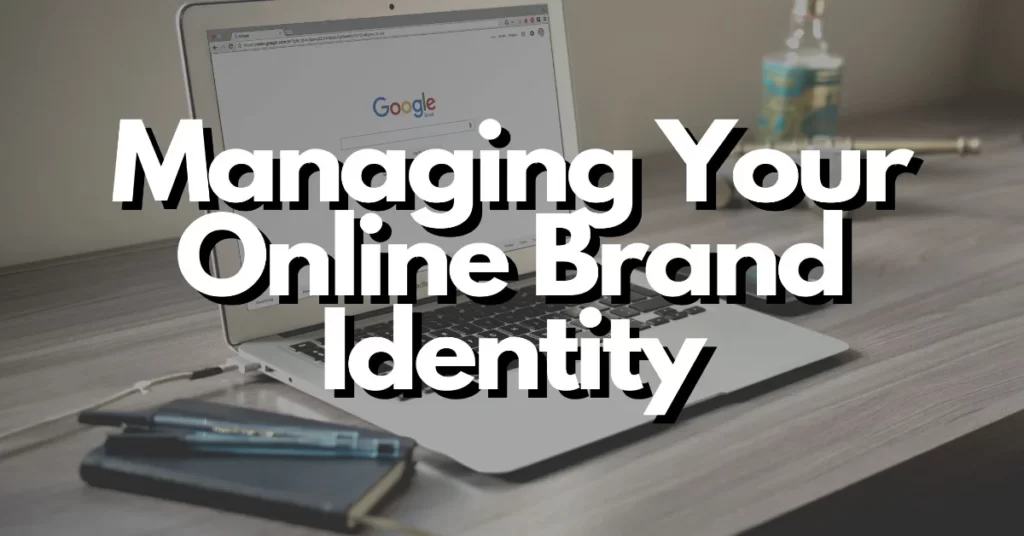For healthcare professionals looking to launch or expand their practice, the marketplace is crowded. Potential clients are constantly bombarded with messages from many sources, so the only way to get a message heard is for the sender to stand out from the crowd. This is achieved through branding.
Branding matters
Branding is an art and a science; it is the means by which products are distinguished in the market, through both tangible and intangible qualities. While many think of a logo or visual representation as a ‘brand’, this is only part of the story. Successful branding is achieved through various channels, including:
- Effective visual representation (logo, company colors, etc.)
- The feelings and responses generated in the audience when they encounter the brand (approval, trust, admiration, warmth, desire to be associated with the brand, desire to purchase, etc.)
- Effective communication of the ideals and values of the brand (intellect, trustworthiness, expertise, quality etc.)
In healthcare, important brand attributes include trustworthiness, intellect, warmth/understanding and a sense of being primarily focused upon the wellbeing of the customer. Patients seek these qualities when they go online to find healthcare suppliers. Examples of leading health brands that deliver strong brand values in this way include Harvard Pilgrim Healthcare and Cleveland Clinic.
Opportunities
The Internet offers many ways to reach consumers, but it is crucial that a business creates a strong and coherent brand before going online and then applies that brand consistently across all online and offline marketing platforms. This is the fundamental rule of branding; to fail in this risks a dilution of the brand or even worse, especially for healthcare brands, giving the impression that the organization does not really know what it is thinking or doing.
Many companies begin online branding with a website and this is as it should be; an effective website is the key to generating brand awareness and, ultimately, sales leads. Almost all other online marketing efforts will point people back to the website, so it has to do its job, which is where content marketing comes in.
Content marketing
The content of its website communicates the values, qualities and nature of a brand, but content is not limited to text. Online content includes:
- The website’s layout and ease or otherwise, of navigation.
- The information on the site, whether in written, video, audio or other formats, defines its quality, reliability and relevance to the target audience.
- The age of the website and the volume of written/audio/video content it contains; generally, audiences are more inclined to trust a site once it has been around for a while and contains a reasonable body of content.
For healthcare practices, as for any business, the key to attracting and retaining an audience lies in providing regularly updated content that is interesting and relevant to the targets. In healthcare, that might be achieved by including some of the following content on the website:
- Comprehensive health-related information in a range of formats.
- Online services, such as appointment booking.
- Links to other, authoritative sources of health information.
- Answers to frequently asked questions about health/practice matters.
Whatever the content, it is vitally important to keep it up to date and regularly refreshed. If a visitor to a site does not find fresh content, why would they bother visiting it again? In contrast, if individuals visit a site on a regular basis to view content, they develop a relationship with the provider and are much more likely to put business their way.
Social media
Social media can lead to very effective engagement with audiences, but there are pitfalls to beware of that are particularly hazardous to healthcare businesses. These include failing to engage with audiences on an appropriate level; either by ‘talking down’ to them or pitching content at too high an intellectual level and damage done to the brand by inappropriate representation or engagement, which undermines the trustworthiness and ethical credibility of the brand. Furthermore, it is important to update all social media channels regularly; at least once or twice a week and to monitor and respond to feedback promptly.
While social media can be an excellent way to engage with audiences, it can quickly become labor-intensive for the reasons given above and exposes the business to the risk of being vilified online; for example, if posts by readers are not responded to quickly enough. There are also legal and regulatory considerations and these factors combined lead many healthcare brands to outsource management of this area to a third-party provider with relevant specialist expertise.
To summarize, the Internet offers a wealth of marketing opportunities to brands that are managed appropriately, but represents a threat to those that are less coherent. Therefore, any serious business owner will establish and plan his or her branding very thoroughly before venturing onto the Web.

